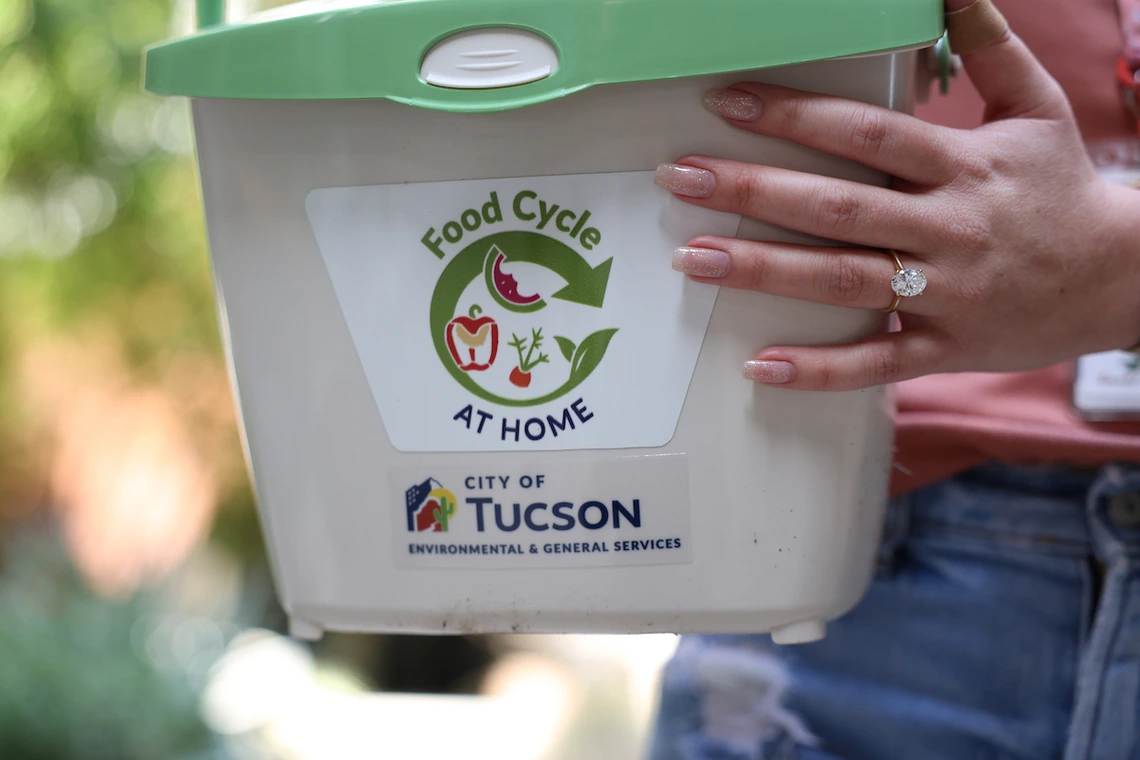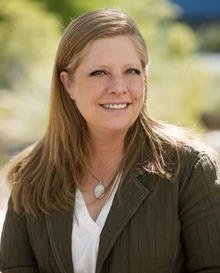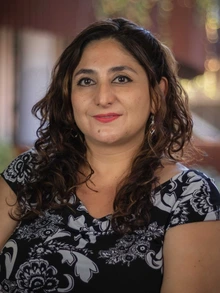U of A and Tucson team up to tackle food waste

Through its collaboration with the university's Compost Cats program, the city-run FoodCycle at Home composting program has already diverted more than 175,000 pounds of household food waste.
Tucson residents now have easier access to at-home composting services, thanks to an expanded partnership between the university's Compost Cats program and FoodCycle at Home, a city-run composting initiative that has already diverted more than 175,000 pounds of household food waste.
How the partnership started
Compost Cats has been composting food scraps on campus and around Tucson since 2011. The team's partnership with the city began in 2014 with FoodCycle, a commercial composting program. Residents would later voice a desire to have access to composting services, and so the city created FoodCycle at Home, the residential version of the program. In 2023, the city and the University of Arizona Office of Sustainability, which houses the Compost Cats, began talks to merge the Compost Cats' residential composting program, known as the Bucket Program, into FoodCycle at Home to help support the community and expand access to composting across the city.

Julie Katsel
The partnership takes the city and the university one step closer to their sustainability goals. Tucson hosts training sessions and provides equipment, machinery and space to process compost, while the Compost Cats team brings 15 years of expertise in sustainability, outreach and community engagement to train participants and help grow the program.
"FoodCycle at Home is a great example of how the University of Arizona works with local partners to create meaningful, lasting impact," said Julie Katsel, assistant vice president for community relations. "We're helping reduce food waste while building connections that benefit both our campus and the broader community."
A win-win partnership
FoodCycle at Home is designed to benefit everyone in Tucson. The service is free, and the finished compost is donated back to the community and given to schools, nonprofits, city parks, community gardens and residents. It also promotes environmental workforce development for Compost Cats' student employees, who help train community members who wish to join the program.
"We knew if we wanted to grow the program, we'd have to increase the trainings," said Lisa Rotello, principal planner for the city of Tucson's Environmental Services Department. "Compost Cats has helped us immensely, increasing the number of trainings that we've been able to have for the public."
Joining the program can help residents take their sustainability efforts to the next level.

Ilse Rojas-Hamilton
"We are advancing our sustainability goals, reducing waste and supporting the city with making this service accessible to every household in Tucson," said Ilse Rojas-Hamilton, associate director of the Office of Sustainability. "It's a practical, community-centered climate solution."
Kenzie Jackson, campus and community outreach coordinator at the Office of Sustainability, said the partnership allows Compost Cats and the city to reach more people.
"Compost Cats has a lot of community connections," Jackson said. "The city has a larger capacity to collect food waste, so it turned into a really good partnership that benefits everyone here in Tucson."
Building a composting community
The impact of the expanded partnership is already being felt. More than 3,000 households have joined FoodCycle at Home, with 50-100 new participants being trained at each session.
"When the program first started, we were collecting one to two tons of food scraps per month," said Rotello. "Now, the program is really growing. We're averaging 13 tons per month, and as our number of participants grows, the collection diversion rates will grow as well."
Kelly Adams Keller, assistant director of internal communications with University Communications, said the program has made composting more convenient.
"When I first joined the Bucket Program, I had a weekly drop-off location," Keller said. "But because the hours were limited, sometimes I missed it and had a very full bucket the next week. What I like about FoodCycle at Home and the new partnership with the city is the expanded drop-off sites all over town with expanded hours. I now have a location just a few miles from home and I can go at my convenience."

Kenzie Jackson
Looking ahead and getting involved
The city currently has 15 compost drop-off sites and ultimately aims to have one within two miles of anywhere in Tucson. Those who want to join FoodCycle at Home can take part in a free training session to learn more about the program.
At the 30-minute sessions, participants will learn about sustainability and composting efforts in Tucson and receive guidelines for keeping contamination low. They are given a free pail to collect their food scraps along with a map of drop-off sites and the lock code to access the drop-off bins.
Interested in joining FoodCycle at Home? Find upcoming trainings on the city of Tucson's website.

